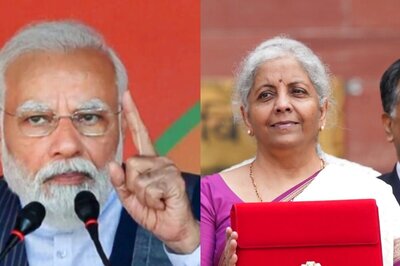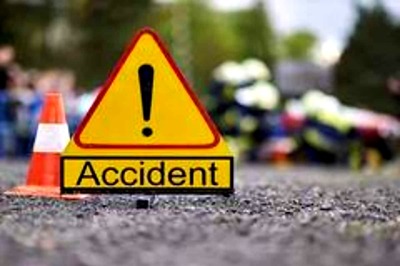
views
Cairo: Egyptian protesters ignored a military order to leave Cairo's main square on Sunday, a day after two people were killed as army tried to disperse demonstrators demanding the trial of Hosni Mubarak and a quick transition to civilian rule.
Protesters staged an overnight protest at the Tahrir Square, the centre of the 18-day uprising that ousted Mubarak in February, despite military enforced a curfew between 2 am to 5am.
They barricaded the square with barbed wire and chanted against military chief Field Marshal Hussein Tantawi, who has headed the country since president Hosni Mubarak was ousted in February.
There were no reports of action by army or central security forces on Sunday, al Jazeera reported.
Soldiers and police used tasers and batons to try to drive the protesters out of Tahrir. After failing to remove them, the army backed out of the square.
The protesters called for the Supreme Council of the Armed Forces, which nows runs the country, to honour their demands, which include prosecuting a number of former high-ranking regime officials and Mubarak himself.
Meanwhile, in an apparent concession to protesters, Egypt's interim military government has said it will remove some provincial governors appointed by former President Hosni Mubarak, BBC reported.
Demonstrators on Saturday retook the iconic square, hours after security forces violently dispersed them.
Though eye witnesses said two people were killed in the firing, Egypt's health ministry said that one person was killed and 71 injured.
Earlier the military had earlier denied that anyone was hurt or killed in the raid.
Since the departure of president Hosni Mubarak, protesters have been holding regular Friday demonstrations, the last one tens of thousands strong, demanding he and other former regime officials stand trial.
Military, in a statement released on Saturday through the official news agency MENA, had denied that they opened fire and blamed Mubarak's National Democratic Party for the clashes.
The protesters had been joined by perhaps as many as 20 military officers who had been under orders not to take part in public rallies.



















Comments
0 comment